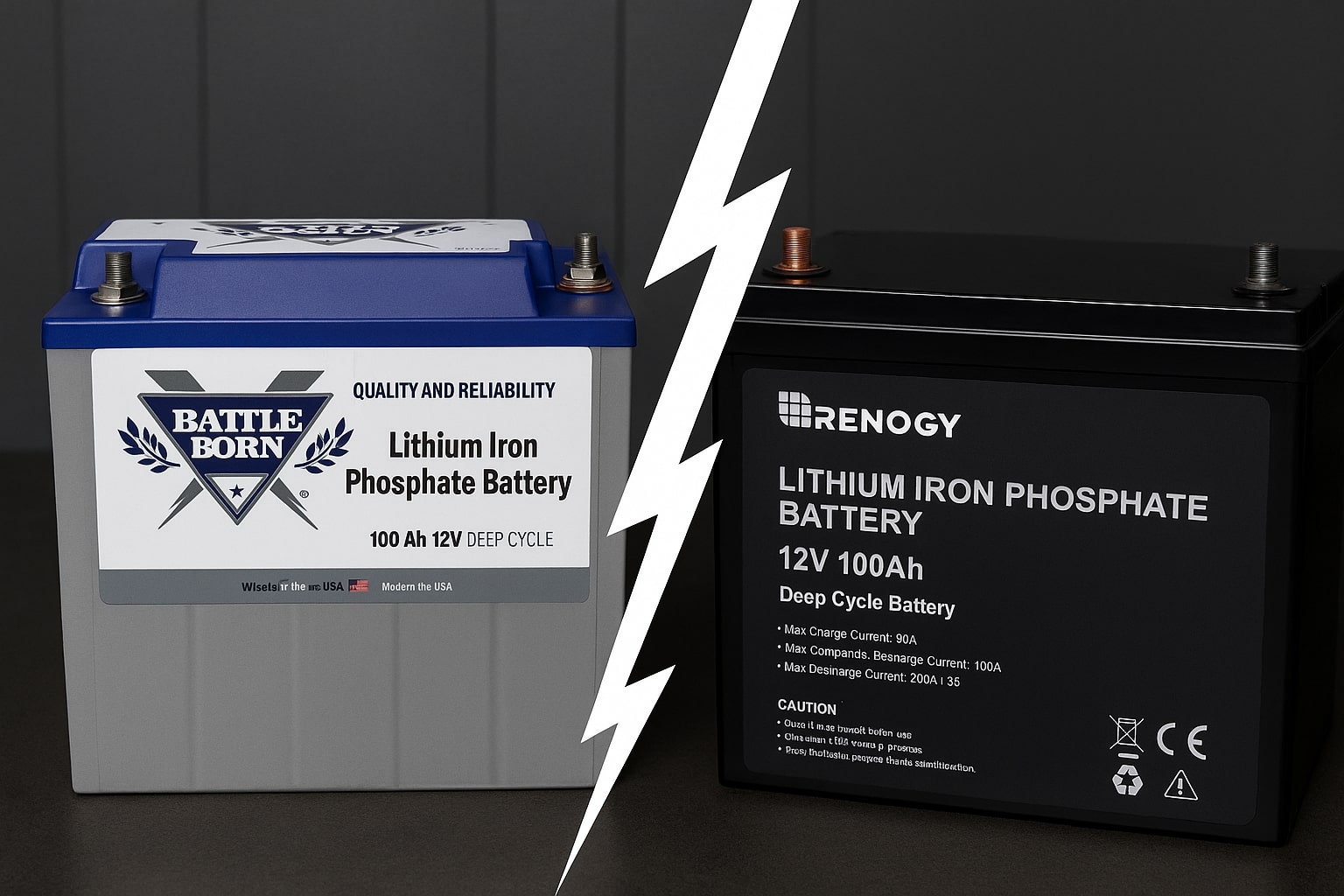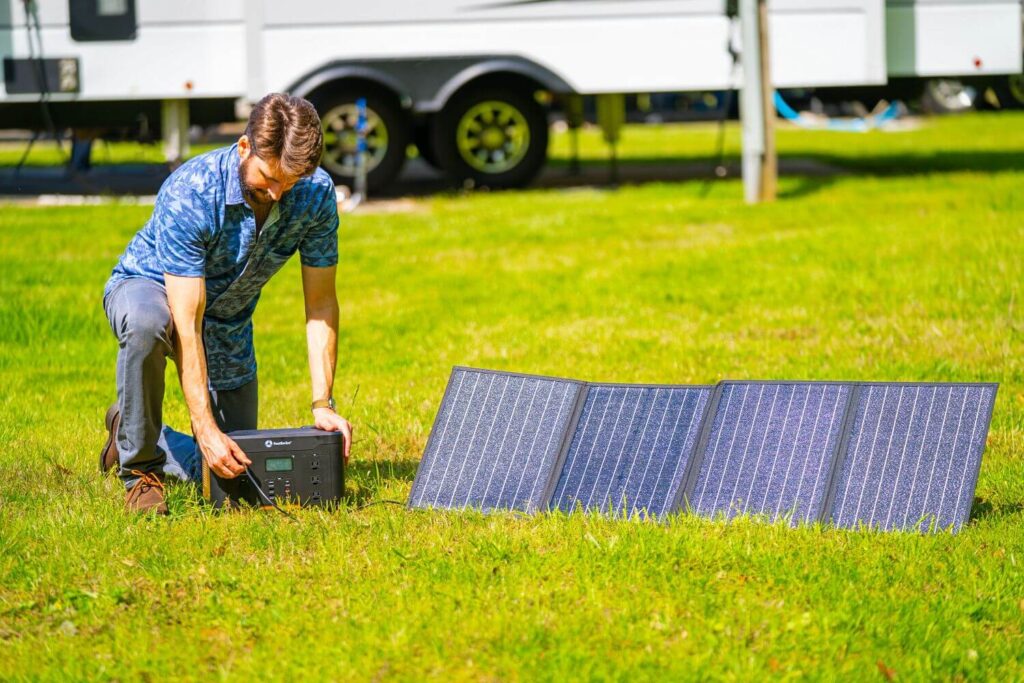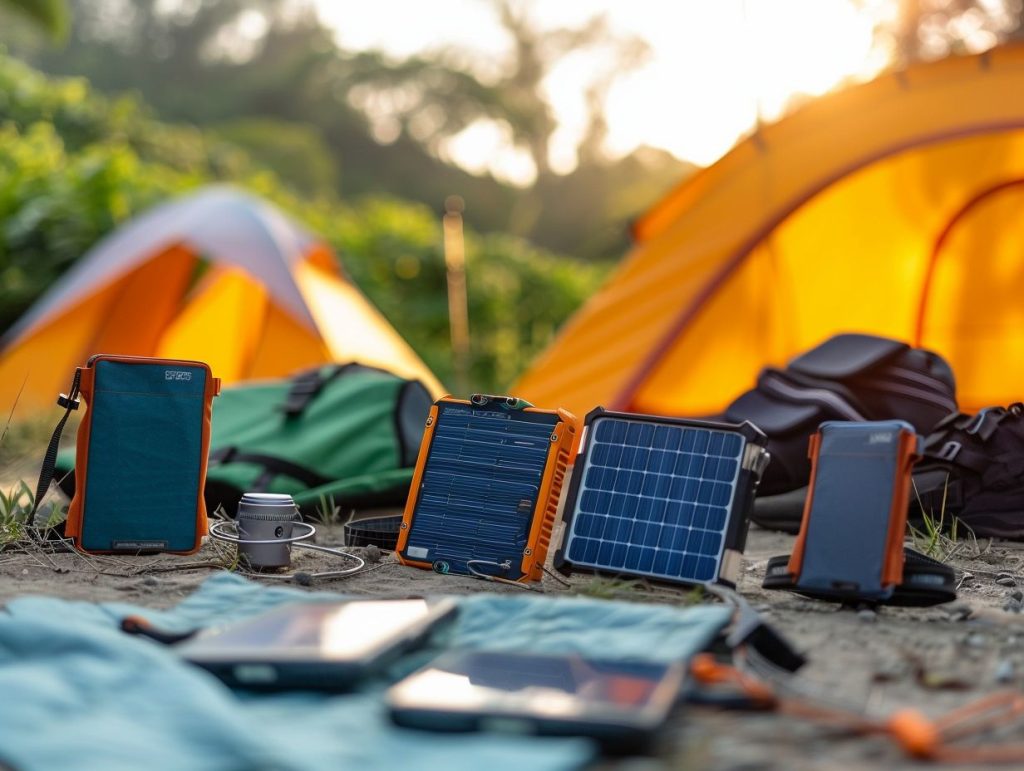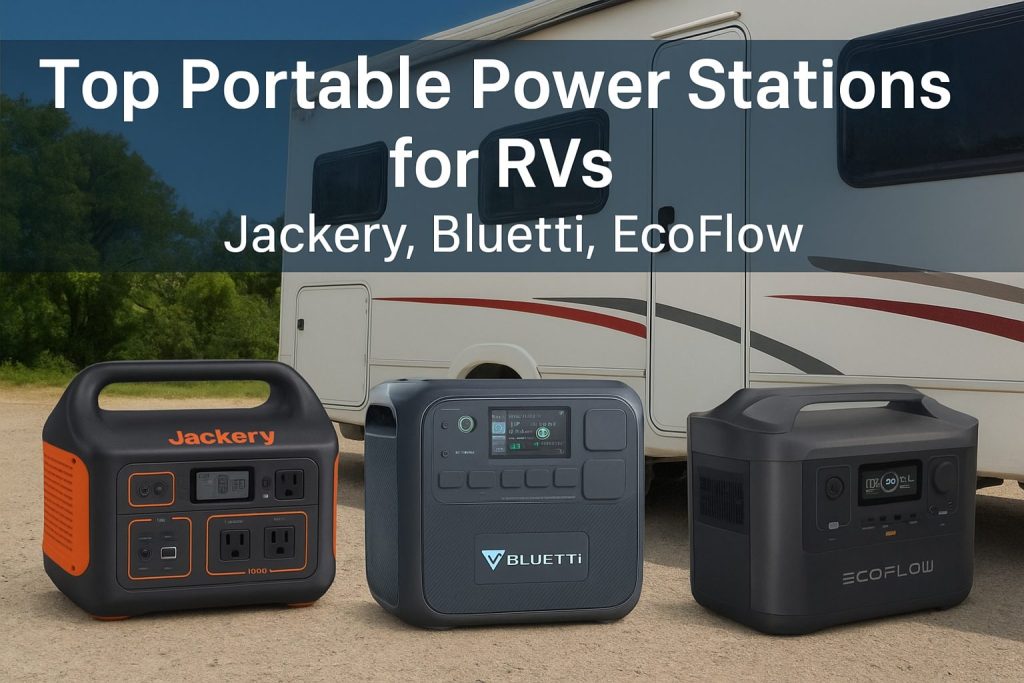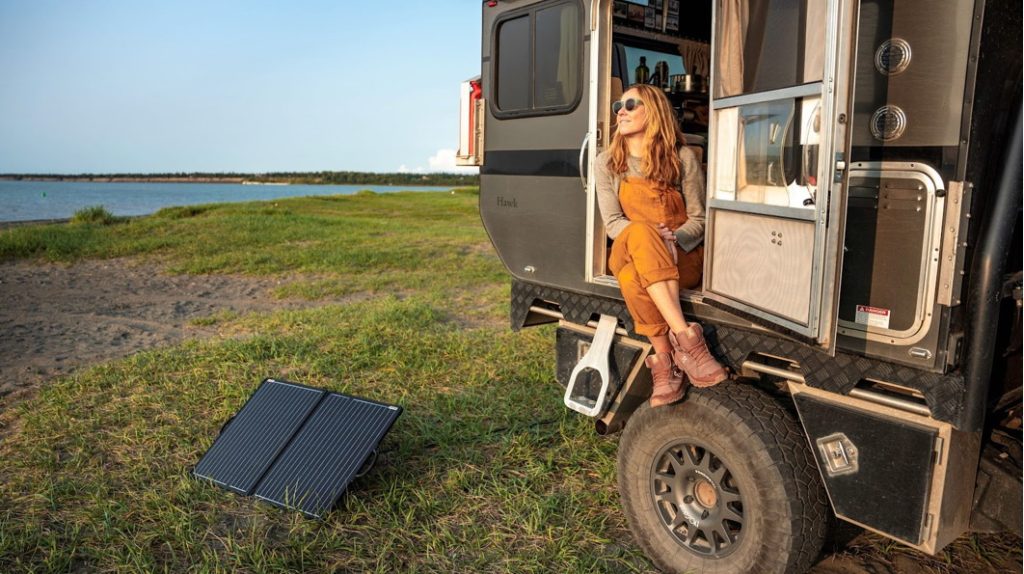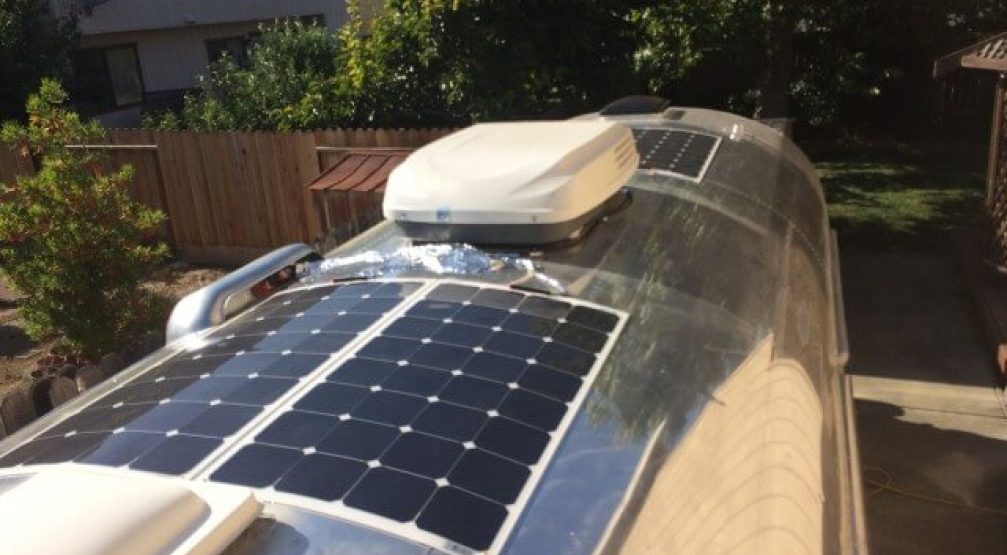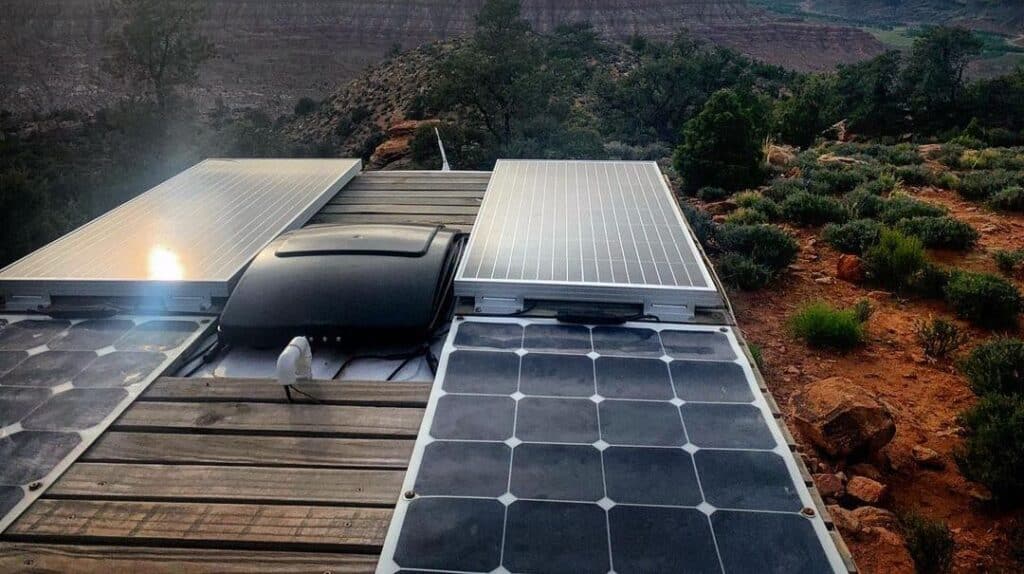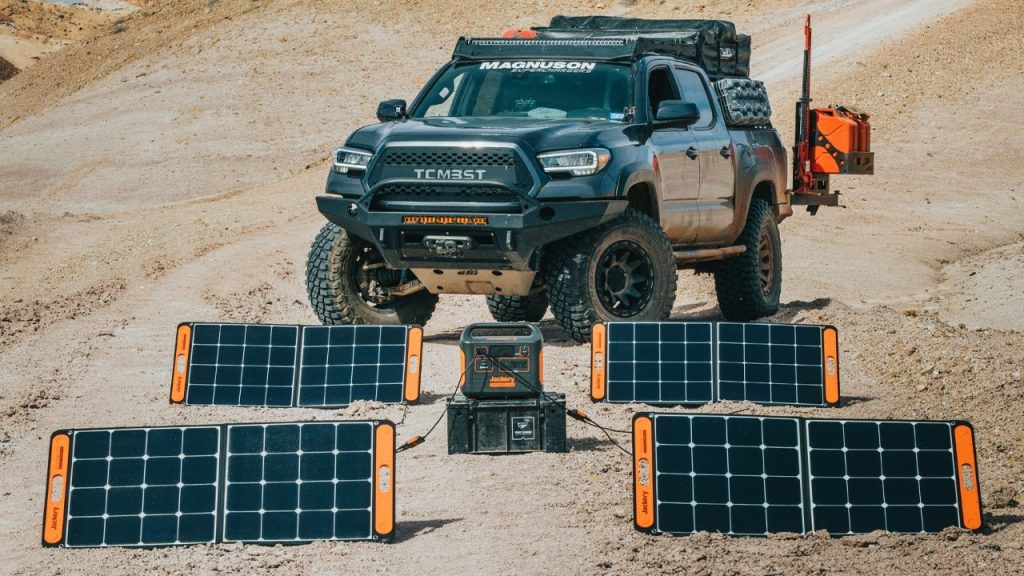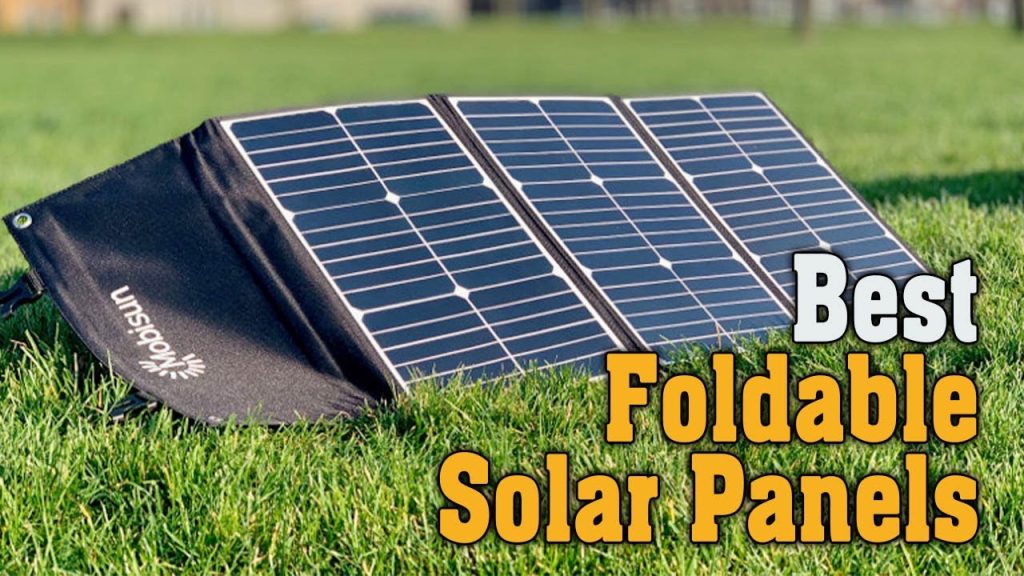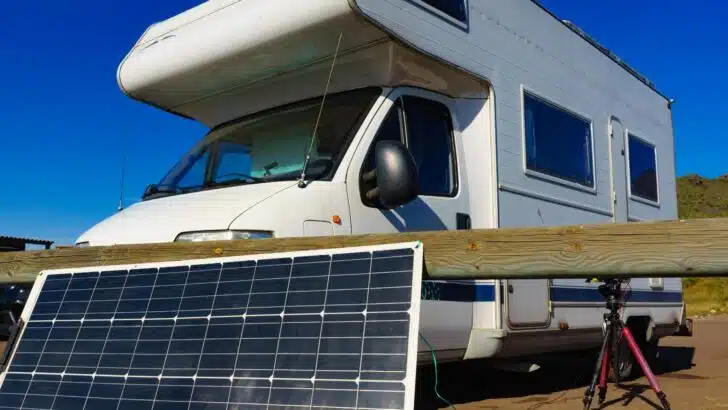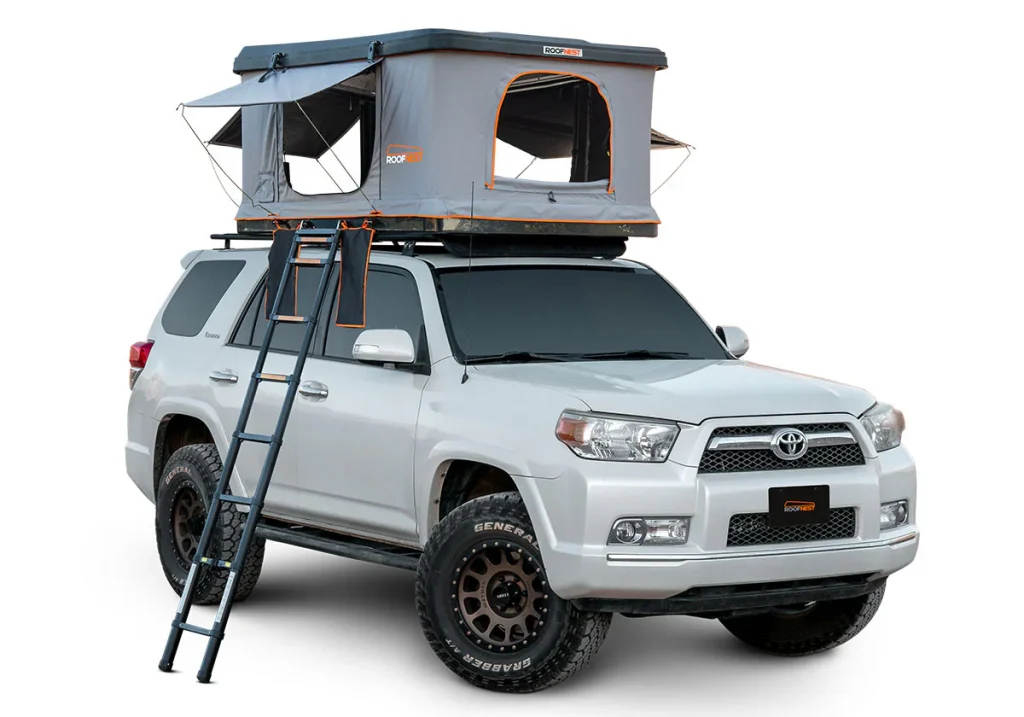When it comes to living off-grid—whether you’re adventuring in a van, powering a remote cabin, or installing a solar backup system—your battery is the beating heart of your power setup. And when it comes to lithium batteries, Battle Born and Renogy are two of the most talked-about names in the market.
But which one truly delivers longer-lasting performance? Which is the better investment for your lifestyle and budget? In this in-depth comparison, we’ll look at every angle—lifespan, performance, battery chemistry, value, warranty, and real-world reliability—to help you decide whether Battle Born or Renogy batteries are right for your off-grid needs.
Quick Comparison Table: Battle Born vs Renogy Batteries
| Feature | Battle Born 100Ah LiFePO₄ | Renogy 100Ah LiFePO₄ |
|---|---|---|
| Battery Chemistry | LiFePO₄ | LiFePO₄ |
| Cycle Life (80% DoD) | 3000–5000 cycles | 2000–4000 cycles |
| Warranty | 10 years | 5 years (some models: 1-year limited) |
| Weight | ~31 lbs (14.1 kg) | ~26 lbs (11.8 kg) |
| Max Continuous Discharge | 100A | 100A |
| BMS | Yes (internal) | Yes (some Smart models have Bluetooth) |
| Cold Weather Protection | Optional (heated battery) | Yes (in smart models) |
| Price (approx.) | $950–$1,000 USD | $450–$700 USD |
| Manufacturing Origin | USA | China (global brand) |
Brand Overview
Battle Born Batteries
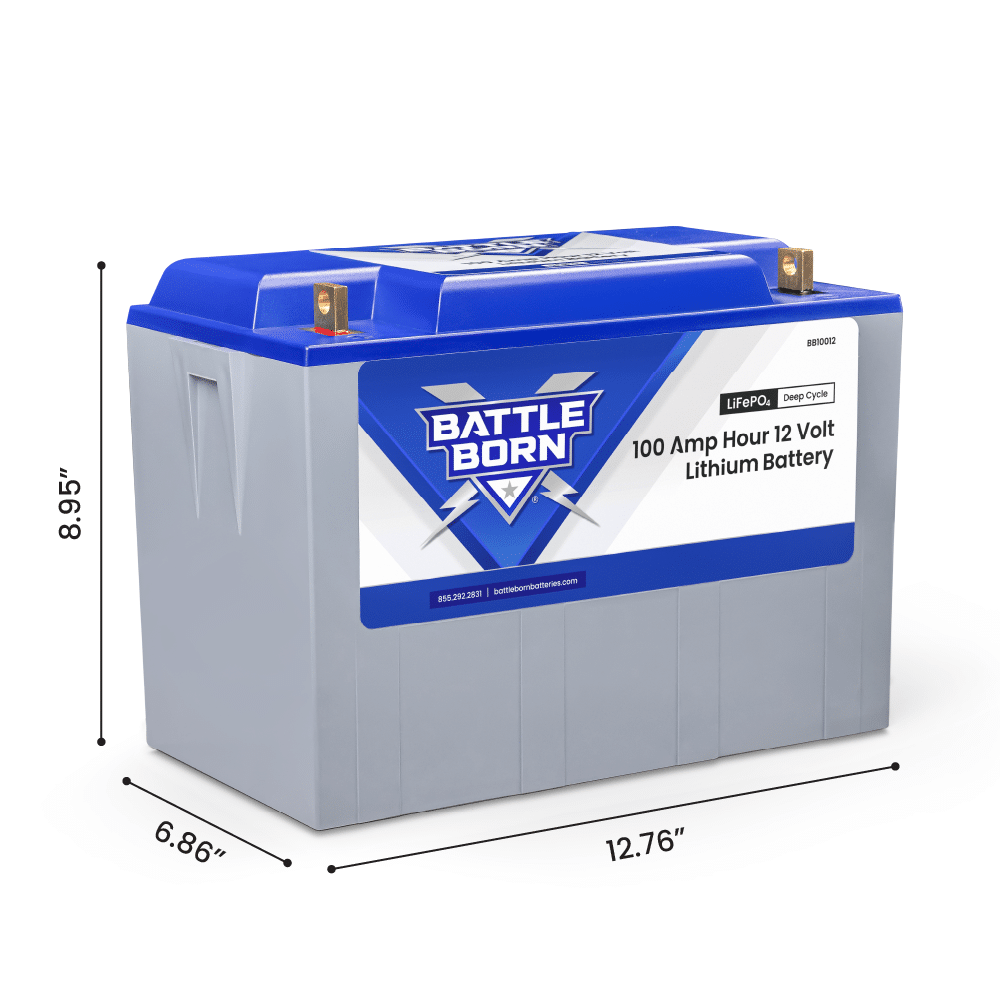
Founded in Reno, Nevada, Battle Born is a subsidiary of Dragonfly Energy and has become a trusted name among RVers, overlanders, and off-grid enthusiasts. Their LiFePO₄ batteries are proudly assembled in the USA and come with a high standard of quality control, excellent customer service, and technical support tailored to off-grid needs. They focus on premium components, long-term performance, and robust warranty coverage.
Renogy Batteries
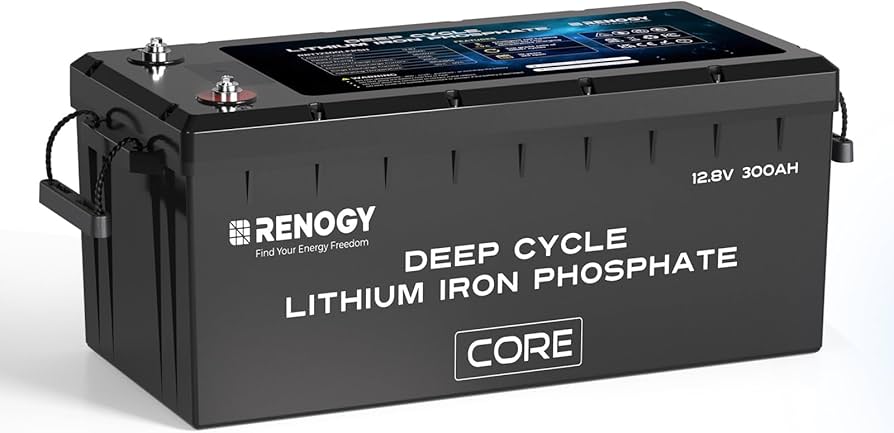
Renogy started as a renewable energy startup at Louisiana State University and has grown into a globally recognized brand. They offer a broad range of solar equipment, including panels, charge controllers, and batteries. Renogy has become popular due to its accessible price point and the variety of products available to suit different off-grid use cases, from budget campers to full solar home setups.
Battery Chemistry & Build Quality
Both Battle Born and Renogy use LiFePO₄ (Lithium Iron Phosphate) chemistry, widely known for:
-
High safety (non-flammable under most conditions)
-
Deep cycle capability
-
Long life span
-
Lightweight and maintenance-free use
However, the difference lies in the quality of materials, internal architecture, and consistency of build.
Battle Born batteries are known for:
-
Rigid, waterproof casing
-
USA-sourced components
-
UL-listed cells and components
-
Clean internal design with marine-grade materials
Renogy batteries come with:
-
Competent construction but often lighter, less rugged enclosures
-
Variations in internal layout across product lines
-
Generally manufactured in China, sometimes leading to variation in build consistency depending on the model
If long-term reliability and ruggedness are critical—especially in remote, high-impact environments—Battle Born has the upper hand.
Lifespan & Cycle Life
The most significant differentiator when comparing Battle Born and Renogy batteries is cycle life—how many full charge/discharge cycles a battery can handle before its capacity degrades significantly.
Battle Born Lifespan
-
Rated for 3,000–5,000 cycles at 80% DoD (Depth of Discharge)
-
Retains ~75–80% capacity after 10 years of moderate use
-
Ideal for daily cycling, including full-time RVers or cabin setups
-
Minimal degradation due to high-quality cells and tight BMS control
Renogy Lifespan
-
Rated for 2,000–4,000 cycles at 80% DoD, depending on the model
-
Slightly higher degradation rate due to economy-grade cells in some models
-
Still solid lifespan for intermittent or light-use scenarios
-
More variability depending on which product line you choose (Smart vs. standard)
In real-world usage, Battle Born batteries are more likely to last longer, particularly under daily cycling and challenging conditions.
Battery Management System (BMS)
The BMS is like the brain of your lithium battery—it protects your investment by managing charging/discharging, preventing overvoltage, undervoltage, overcurrent, overheating, and more.
Battle Born BMS
-
Internal BMS handles high current safely and intelligently
-
Designed for high-draw devices like inverters, fridges, etc.
-
Some versions offer external monitoring via Victron integrations
-
Protection cutoffs are conservative to extend lifespan
Renogy BMS
-
Smart LiFePO₄ models include Bluetooth monitoring via the Renogy app
-
Decent safety controls, though slightly less conservative
-
Lacks Victron integration unless added separately
-
Some standard batteries have a very basic BMS or no smart features
If visibility, custom control, and rock-solid protection are key, Battle Born’s BMS offers more consistency and better long-term performance under stress.
Performance in Real Off-Grid Use
Both batteries deliver 100Ah of usable energy, but how they perform under real-world conditions tells a fuller story.
Charge/Discharge Rates
-
Battle Born can handle higher surge loads (200A max surge)
-
Renogy models typically support 100A continuous with up to 200A surge, but some low-end models limit this further
Voltage Stability
-
Battle Born maintains voltage better under high load and low temperatures
-
Renogy performs well, but voltage drop-off is slightly more aggressive at low state-of-charge
Cold Weather Use
-
Battle Born offers heated versions that self-regulate temperature before charging
-
Renogy Smart Batteries include built-in low-temperature cutoffs and internal heaters
If you camp or live in cold climates, Renogy’s newer models shine, but Battle Born’s heated option is more customizable.
Pricing & Value for Money
Battle Born Pricing
-
$950–$1,000 per 100Ah battery
-
Premium pricing reflects USA manufacturing, longer warranty, and robust design
-
Bulk discounts are available directly from Battle Born or authorized dealers
Renogy Pricing
-
$450–$700 per 100Ah battery (depending on version: Smart, Plus, or Standard)
-
Much more affordable upfront
-
5-year limited warranty (some older models only 1 year)
Value Consideration
-
Battle Born is a better long-term investment: lower cost per cycle, better service, and reliability
-
Renogy is great for part-time use or those starting out with limited budgets
For users who demand reliability over many years, Battle Born wins on total cost of ownership, but Renogy is still a solid, budget-friendly choice.
Installation & User Experience
Battle Born
-
User-friendly with clearly labeled terminals and documentation
-
Offers extensive tech support and USA-based customer service
-
Battle Born forums and community support are rich with resources
Renogy
-
Fairly easy to set up, though documentation can vary by product
-
Online support can be hit or miss depending on region
-
Active online community and YouTube support fill in the gaps
Battle Born offers a superior onboarding experience, but Renogy’s plug-and-play designs make them easy for DIY setups.
Pros and Cons Summary
Battle Born Pros & Cons
Pros:
-
10-year warranty
-
High-quality BMS and components
-
Longest cycle life in its class
-
Built and supported in the USA
-
Excellent tech support and guidance
Cons:
-
Significantly more expensive
-
No built-in Bluetooth without external monitoring systems
Renogy Pros & Cons
Pros:
-
Affordable pricing
-
Variety of lithium models for different use cases
-
Bluetooth and heating features available
-
Easy to purchase online
Cons:
-
Shorter warranty
-
Shorter cycle life
-
Customer support can be inconsistent
-
Build quality varies by product line
Which Battery Lasts Longer Off-Grid?
Let’s return to the central question: Which battery truly lasts longer in off-grid conditions?
Battle Born Wins for:
-
Full-time RVers and vanlifers
-
Remote cabins needing daily battery cycling
-
Users who need reliability, support, and longevity
-
High-draw systems (air conditioners, electric cooking, etc.)
Renogy Wins for:
-
Budget-conscious weekend campers
-
Part-time or seasonal off-grid users
-
Users who prioritize price over lifespan
-
Lighter or backup energy needs
Bottom Line:
If you’re living off-grid full-time and need a battery that will go the distance, Battle Born is the superior long-term performer. If you’re testing the waters, building a DIY solar kit, or using your battery part-time, Renogy offers good performance at an accessible price.
Final Thoughts
Choosing between Battle Born and Renogy depends entirely on how you plan to live off-grid.
If you value longevity, reliability, and premium quality, Battle Born is your go-to—even at a higher initial cost. You’ll get 10+ years of solid service with proper maintenance and setup.
On the other hand, Renogy batteries deliver solid performance at an affordable price, especially if you’re not relying on them every single day. They’re a smart pick for backup power or starting your off-grid journey without breaking the bank.
No matter which brand you choose, the real win is choosing LiFePO₄ over lead-acid—both Battle Born and Renogy give you a major upgrade in efficiency, weight, and lifespan.
FAQs
Q: Can I mix Battle Born and Renogy batteries in the same system?
A: It’s not recommended. Different internal resistances and BMS behavior can cause balancing and charging issues.
Q: Are Renogy lithium batteries safe for RVs and vans?
A: Yes. They use LiFePO₄ chemistry, which is safe and thermally stable when installed correctly.
Q: Do these batteries work with Victron or other high-end inverters?
A: Both can be integrated with Victron or similar systems, but Battle Born offers more official compatibility and support.
Q: Do they work in freezing weather?
A: Battle Born offers optional heated batteries; Renogy Smart Lithium batteries include auto-heating features in some models.
Q: What’s the best way to dispose of old lithium batteries?
A: Look for certified lithium battery recycling centers. Both companies offer disposal guidance on their websites.
Read More: Collapsible vs Slide-Out Kitchens: Which is Best for Van Life?

